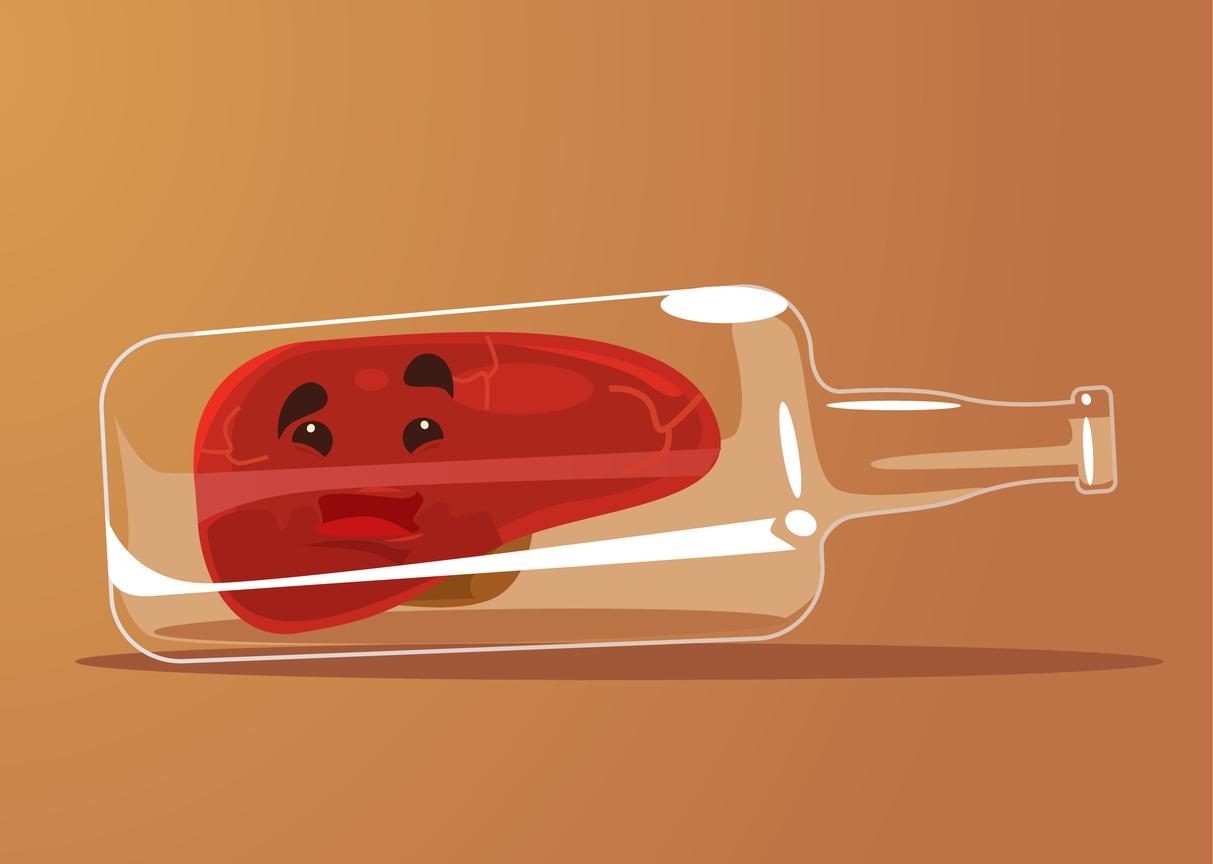According to a recent American study, the father’s alcohol consumption before conception could lead to abnormal growth of the brain and face of his child, which are associated with fetal alcohol syndrome.

- Fetal alcohol syndrome is linked to excessive alcohol consumption by an expectant mother during her pregnancy.
- Prenatal and/or postnatal growth retardation, facial and central nervous system abnormalities as well as cognitive and behavioral disorders are the main consequences of fetal alcohol syndrome.
- Alcohol consumption in men before a baby is conceived could cause brain and facial growth abnormalities associated with fetal alcohol syndrome, a recent study has found.
Fetal alcohol syndrome is a rare malformation caused by excessive alcohol consumption by a pregnant woman during her pregnancy. It is manifested by prenatal and/or postnatal growth retardation, facial and central nervous system abnormalities, as well as cognitive and behavioral disorders.
FAS: would the alcohol consumption of the pre-conception father increase the risks?
A study conducted by Texas A&M University (USA) observed that alcohol consumption by the father of an unborn baby before conception could also be linked to brain and facial growth defects associated with fetal alcohol syndrome. This work was published in the scientific journal tea Journal of Clinical Investigation (JCI).
During this research, scientists observed that male exposures to alcohol caused greater craniofacial differences than maternal exposures. “VSand programming effect, which passes through the sperm, has a profound effect on the organization of the face and on the growth and proportion of different facial features (…) When it was the father who drank, we saw a profound change in the organization of the face”said Michael Golding, lead author of the study and an associate professor in the Department of Veterinary Physiology and Pharmacology at Texas A&M University School of Veterinary Medicine and Biomedical Sciences.
A limitation or cessation of alcohol for couples wishing to have a child
For the American team, both future parents should limit or stop their alcohol consumption when they wish to have a baby, in order to prevent the risk of fetal alcohol syndrome. The researchers also suggested changing the warning labels on alcohol bottles, which only apply to pregnant women, and mentioning “the decision to consume this drink can have important consequences and change the life of a future child”.

















